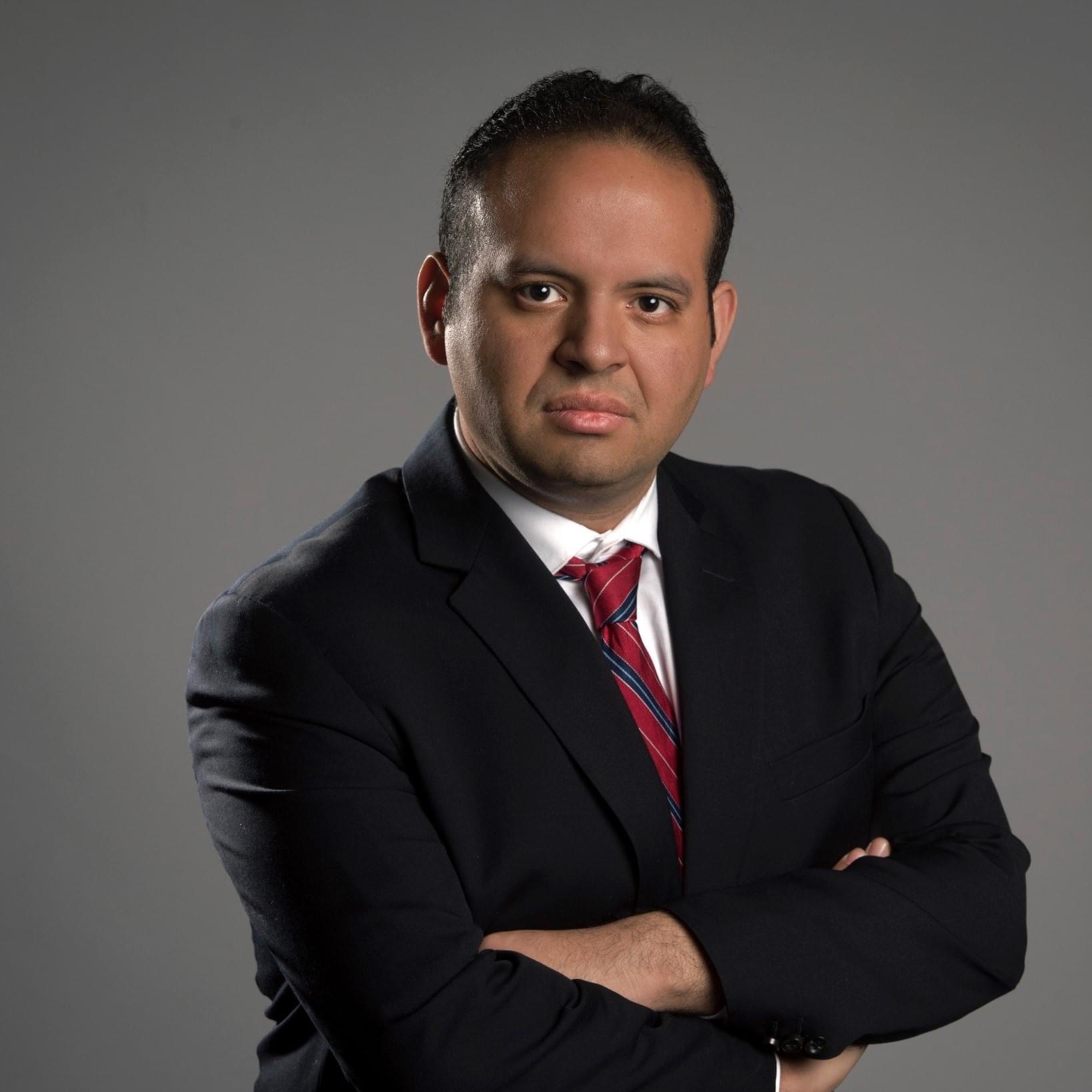
In this week’s interview, Neurodiversity News has spoken with Eric Garcia, who is an autistic journalist that has written for a multitude of publications, including the Washington Post.
Neurodiversity News: Tell me about yourself and what you do.
Eric Garcia: My name is Eric Garcia, I am a journalist based in Washington, D.C. I have worked at publications like the Washington Post, the Hill, Roll Call, National Journal, and MarketWatch. I have also written for publications like Spectrum, the New Republic and the American Prospect. I recently finished my first book, We’re Not Broken, which will be released in August.
NN: Do you feel that being autistic has helped you as a journalist?
EG: It’s not that easy. Does autism make it easier for me to have a central focus and not take social niceties into consideration? Yes. Can being in a newsroom overwhelm my senses and make it hard for me to focus on my job? Absolutely. I think it’s not a question of whether autistic people are better at being journalists as much as being autistic will make me work differently than my neurotypical peers. That being said, I do think being autistic and knowing a great deal about the subject means I know who to consider credible sources about disability and what subjects are under-covered at least.
NN: Could you tell me what your upcoming book, We’re Not Broken is about and what readers should expect?
EG: It started when I wrote a piece for National Journal called “I’m Not Broken” arguing against focusing so much on cures for autism. I’m a political reporter at heart and feel that people’s lives are often determined by policy and too often, autistic people have not had a say in what policies dictate their lives. So I basically decided to report on that and travel across the country to see how autistic people are failed by society, but also, what America could look like if we focused less on curing autistic people and focus more on listening to what their needs are.
NN: Which journalistic piece are you most proud of?
EG: Probably that National Journal piece. But also a piece I wrote on President Trump’s attacks on people with addictions mainly because I was terrified about coming forward with my own difficulties with addiction but it resonated with plenty of people. The other one was a piece I did early as a freelancer about Henry McCollum, a Black man in North Carolina who was on death row. He was demonized for years and then was later found to be innocent. It was one of the things that led me to rethink the death penalty and how it’s administered.
NN: Who are your greatest inspirations?
EG: It sounds cliché, but aside from my family, the people I interviewed for the book. I think the ability to persist in a world that often discriminates and puts roadblocks up for autistic or disabled people is an incredible act of courage.
NN: What do you hope to achieve in the future?
EG: I really don’t care what I achieve as much as I want the people I interview and profile in my journalism to be seen as human beings.
